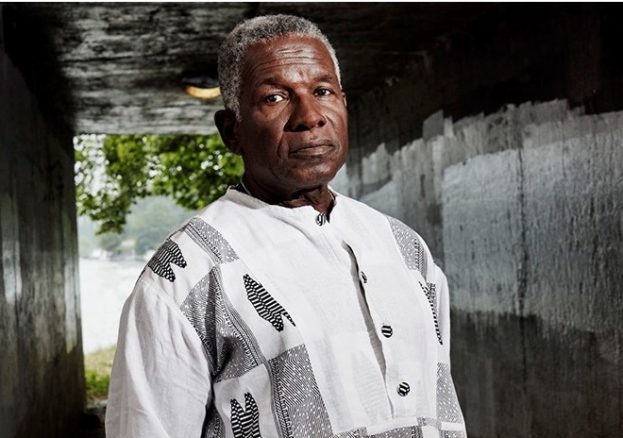
Actor Rudolph Walker tells us about his Caribbean roots and passion for the cause
What do you know about prostate cancer?
My awareness of prostate cancer is really something very close to home, my uncle died of prostate cancer, I was very fond of him. It was a very painful experience for me, so when I was approached quite a few years after to be involved with Prostate Cancer UK, I just didn’t hesitate.
I also encouraged EastEnders to do a storyline about prostate cancer, which they did in 2014 with the character Stan Carter played by Timothy West – that raised quite a lot of awareness.
What do you think about the increased risk of prostate cancer amongst black men?
One in four black men will get prostate cancer – those statistics are not encouraging. My background, coming from the Caribbean, we have a mentality where we don’t talk about anything to do with our private parts. It’s to do with our pride and being macho.
Prevention is better than cure and if you capture something like prostate cancer early, then you stand a better chance of beating it.
Why are you supporting Prostate Cancer UK ?
I’m supporting Prostate Cancer UK because prostate cancer has affected my family and friends around me, including friends I grew up with in Trinidad. So, it is extremely important that we spread the word.
What is prostate cancer?
Prostate cancer can develop when cells in your prostate start to grow in an uncontrolled way. Prostate cancer often grows slowly and may never cause any problems. But some prostate cancer grows quickly and has a high risk of spreading. This is more likely to cause problems and needs treatment to stop it spreading.
What is the prostate?
The prostate is a gland. Only men have a prostate. The prostate is usually the size and shape of a walnut. It sits underneath the bladder and surrounds the urethra, which is the tube men urinate (pee) and ejaculate through. The prostate’s main job is to help make semen – the fluid that carries sperm.
Does prostate cancer have any symptoms?
Most men with early prostate cancer don’t have any symptoms. That’s why it’s important to be aware of the risk factors too. Prostate cancer is most common in men over 50. Black men and men with a family history of prostate cancer have a particularly high risk and may want to speak to their GP from the age of 45, even if they don’t have any symptoms.
Some men with prostate cancer may have difficulty urinating. Men with prostate cancer that’s spread to other parts of the body might have pain in the back, hips or pelvis, problems getting or keeping an erection, blood in the urine, or unexplained weight loss. These symptoms are usually caused by other things that aren’t prostate cancer. For example, if you notice any changes when you urinate or have trouble controlling your bladder, this could be a sign of an enlarged prostate or prostatitis. But it’s still a good idea to talk to your GP so they can find out what’s causing them.
Why are black men at higher risk?
We don’t know why black men are more likely to get prostate cancer than other men. But it might be linked to genes. Genes are sets of instructions inside every cell in your body and are inherited from your parents.
What is the risk for men with mixed black ethnicity?
If you have mixed black ethnicity, you are likely to be at higher risk of prostate cancer than men who aren’t black. But we don’t know your exact risk because we don’t have enough information on prostate cancer in men with mixed black ethnicity. And we don’t know whether it makes a difference if it’s your mother or father who is black.
If you’re a black man over 45, speak to your GP about your risk of prostate cancer. You can find out more information by visiting prostatecanceruk.org or speak to our Specialist Nurses on 0800 074 8383.
